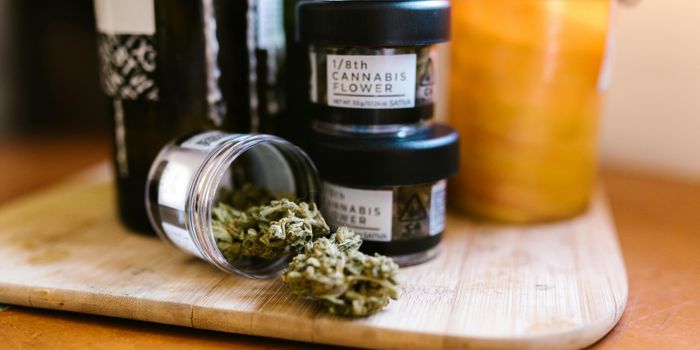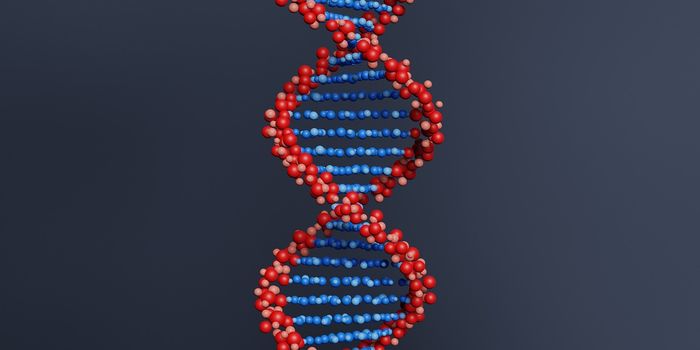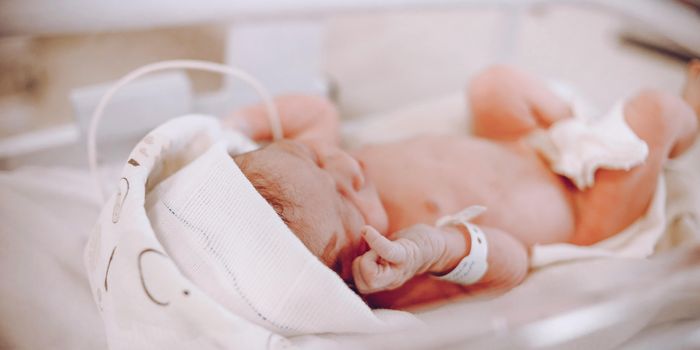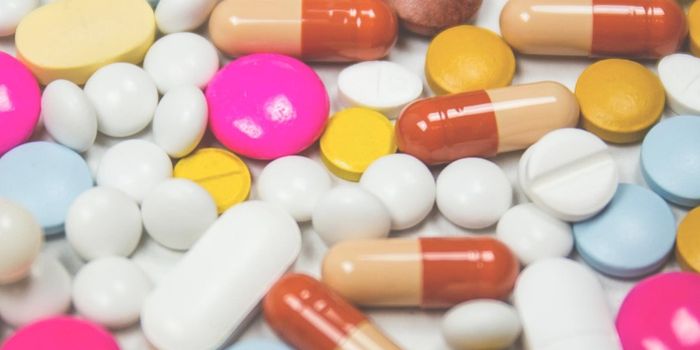Probiotics Treat Alcohol-Induced Liver Injury
Alcoholic liver injury is caused by overconsumption of alcohol, something that can lead to serious diseases such as liver steatosis, liver cirrhosis and liver cancer. While certain forms of these conditions are known to be irreversible, a recent study has found that probiotics may offer a solution.
So far, exactly how Alcoholic Liver Disease (ALD) develops is unknown. However, it has been proposed that both long-term and excessive consumption of alcohol may lead to changes in the diversity of bacteria found in the intestines, thus reducing the intestinal mucus layer. Consumption of alcohol may also affect the expression of a certain protein which then leads to an intestine barrier dysfunction, as well as oxidative damage to liver tissue.
Given this possible interaction between the liver and microbiome, researchers from Jilin Agricultural University, China, planned to see how changes to the microbiome may impact ALD. To do so, they fed 64 mice alcohol for 8 weeks, alongside granules of Lactobacillus rhamnosus during the last two weeks in low, medium or high doses together with a high fat diet.
At the end of the study period, the researchers found that administration of Lactobacillus rhamnosus dose-dependently improved alcohol-induced liver injury by decreasing the accumulation of fat in the liver, as well as its inflammatory response. Also improving general damage to the liver, they found that the probiotic effect of the bacteria restored a healthy balance to the microbiome, and reduced the quantity of gram-negative bacteria present, while increasing the number of gram-positive bacteria such as ileum and cecum.
The researchers said, “Our findings demonstrate that 0.1 g/(day·mouse) LGG granules can prevent alcohol-induced expansion of Gram-negative bacteria in ileum and cecum and decrease enterogenous endotoxin and inflammatory response, and then ameliorated liver injury.”
Michael Zemel, Journal of Medicinal Food Editor-in-Chief, said, “This demonstration of the impact of a probiotic intervention correcting alcohol-induced dysbiosis and reducing liver inflammation and fat accumulation has exciting potential in the prevention and treatment of alcohol-induced liver disease as well as non-alcoholic fatty liver disease.”
Although exciting results that may one day yield new treatment options for ALD, the researchers highlighted that further research is needed to properly understand the medicinal potential of probiotics to treat ALD. In particular, they noted that a more representative clinical sample is needed.
Sources: Journal of Medicinal Food, Nutraingredients and EurekAlert









